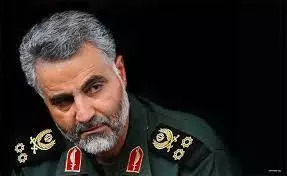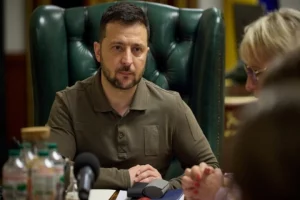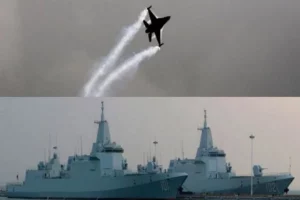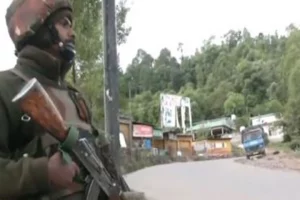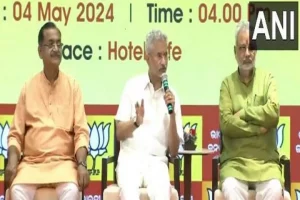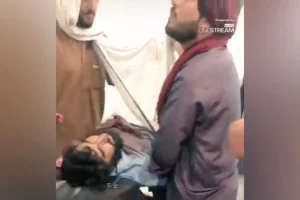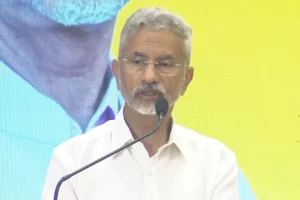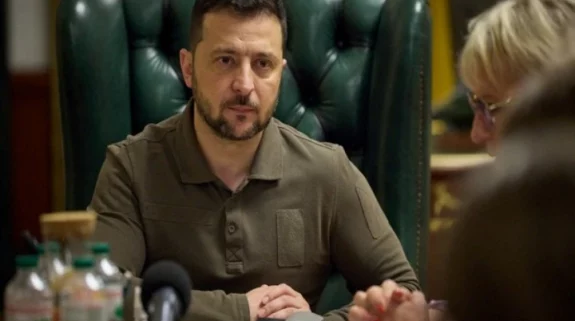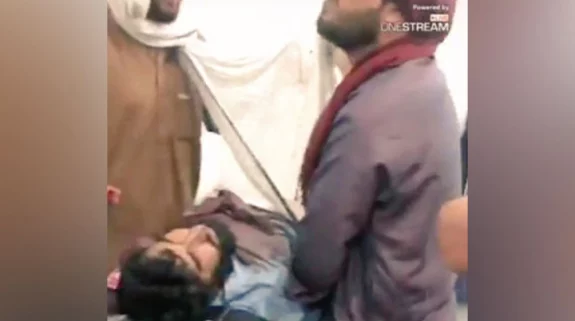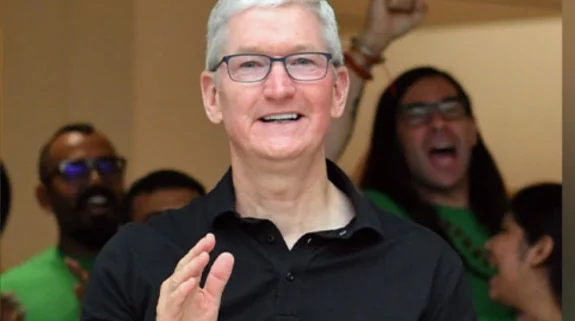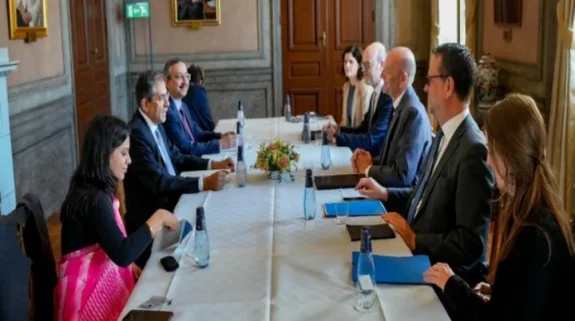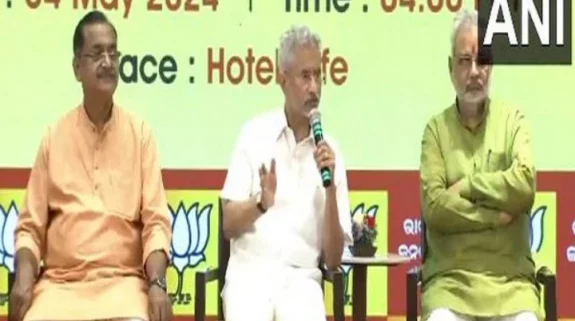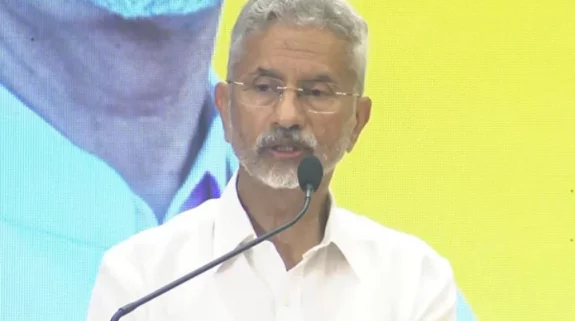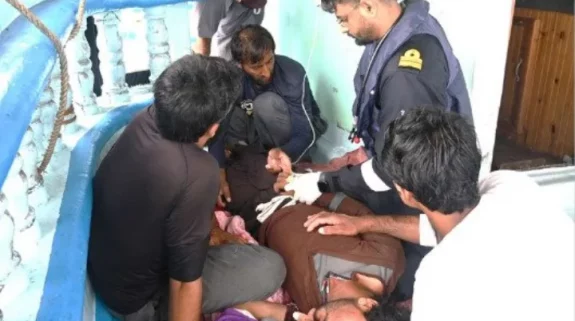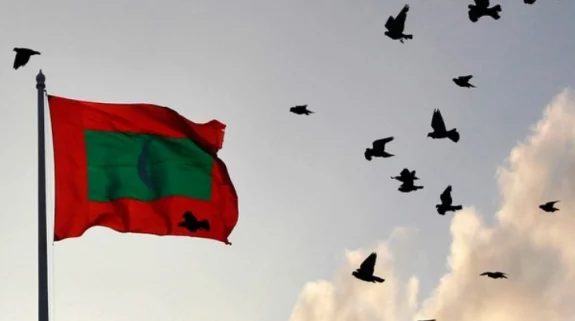Once sworn enemies after 11 Iranian diplomats were killed in 1998 in Mazar-e-Sharif, Iran has developed a good working relationship with the Taliban, which had to behead a terrorist wanted by Tehran to rebuild trust.
An article in the Iranian website almayadeen.net points out that the decision to engage with the Taliban, after the Mazar-e-Sharif incident was advocated by none other than Qasem Soleimani, the former head of the Al Qud’s force, who has killed in a US drone strike in January.
Also Read: How murder of diplomats in Mazar-e-Sharif 23 years ago permanently scarred Iran-Pak ties
Despite the Taliban’s defeat in 2001, following the 9/11 attacks on twin towers, “…General Qasem Soleimani believed that the Taliban continued to have popular support among a significant segment of the Pashtun tribes and populations in southern Afghanistan and parts of Pakistan, and he felt that the only path to long-term regional stability was for all the parties to engage in dialogue,” writes Seyed Mohammad Marandi, a Tehran University professor in the website.
The Flight from Kabul and the Legacy of General Soleimani
Marandi adds: “The objective of the Quds Force was to create mutual understanding and to encourage the more moderate factions within the fragmented Taliban to gain the upper hand. General Soleimani believed it was inevitable that foreign forces would at some point be forced to leave the country, and that following the country’s liberation, it was essential that Afghanistan isn’t pushed by the withdrawing occupation forces into another devastating civil war.”
Consequently, interaction between the Iranians and Taliban accelerated and warmed up after 2011. “As time went by, the relationships became warmer and even personal, so much so that when General Soleimani, Abu Mahdi al-Muhandes and their companions were murdered at Baghdad International Airport by the Trump regime, a high- ranking Taliban delegation travelled to Tehran and visited his house to pay condolences to his family.”
Also read: Pragmatic Russia and Iran ready to truck with Taliban, amid concerns
Yet, the Taliban had to do considerable heavy-lifting to the get their broken relationship with Iran back on track.
According to another article on the website, Iran was anxious to protect its national security which was under attack by a US and Pakistan backed group, called Jaish al-Adl or the Army of Justice. The group was fighting for the independence of Sistan-Baluchistan in south-eastern Iran.
Iran and the Taliban: Evolving Toward a Better Relationship
As the interaction with the Taliban increased in frequency, the group took decisive action after one of its delegations visited Tehran.
“What is remarkable is that a senior leader of the terrorist group “Jundullah” (Jaish al-Adl branch), known as Amir Narawi, went to meet the Taliban – a few weeks after the Taliban delegation visited Iran. It was later announced that Narawi’s head had been cut off. This event sent a message to Iran that its south-eastern borders and its national security were also the Taliban's concern,” says the article.
Also read: Trapping of Iranian diplomats in Herat consulate triggers memories of the Mazar-e-Sharif bloodbath
Prior to the incident, Iran had already declared that it "does not have a vengeful mindset (referring to the Taliban's killing of the 11 diplomats in Mazar-i-Sharif) and that it supports any solution that helps end the Afghan conflict."
Soon after the Narawi incident, Iran’s foreign ministry spokesman Saeed Khatibzadeh, said in an official response that "the Taliban are part of Afghanistan's future."
Consequently, the Iranians were not worried about the safety of their diplomats based in Herat, after the Taliban overran the city earlier this month. Following Herat’s takeover and the exit of anti-Taliban warlord Ismail Khan to the Iranian city of Mashhad, Khatibzadeh declared that "all diplomats are in good health and safe."






